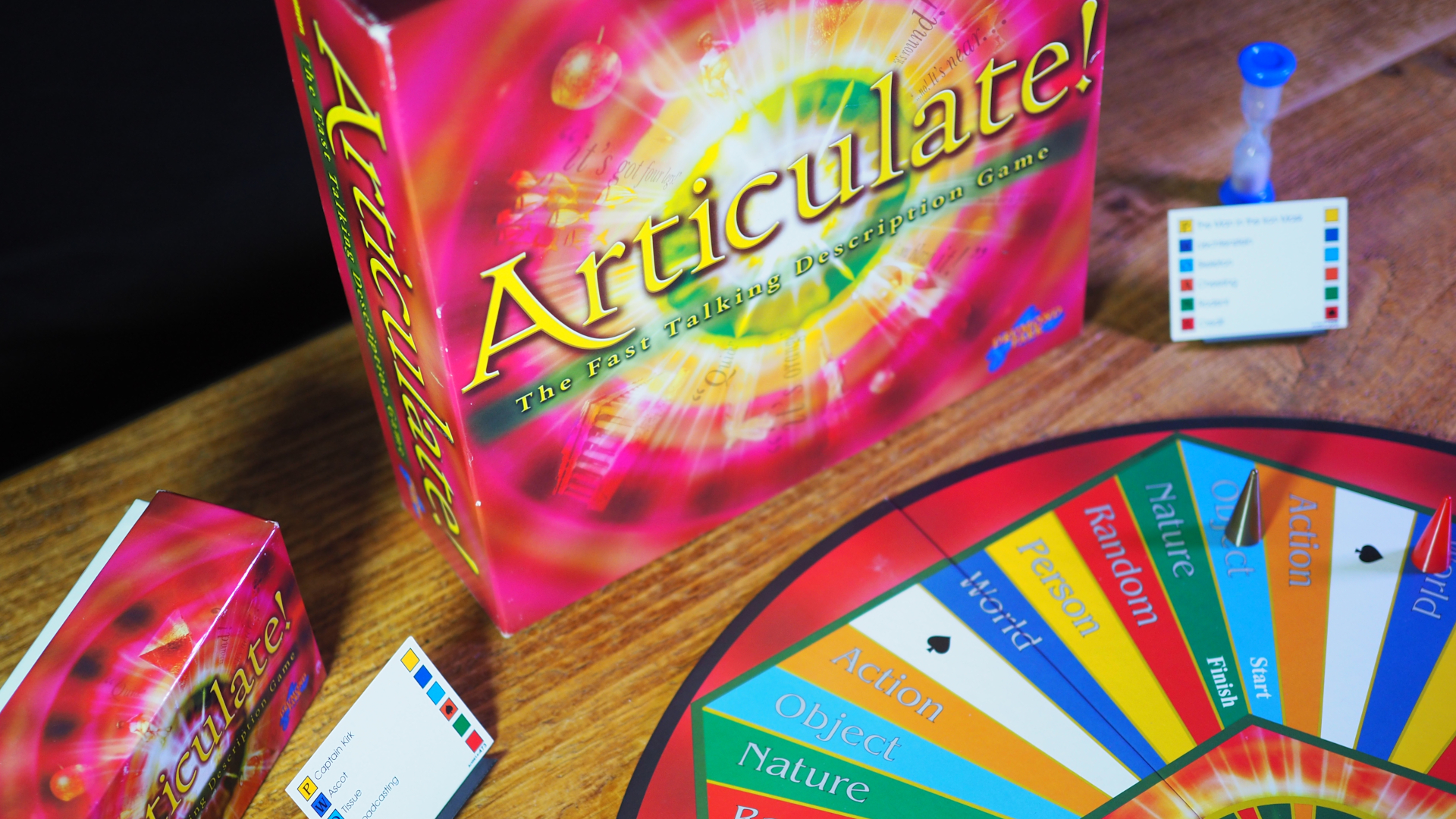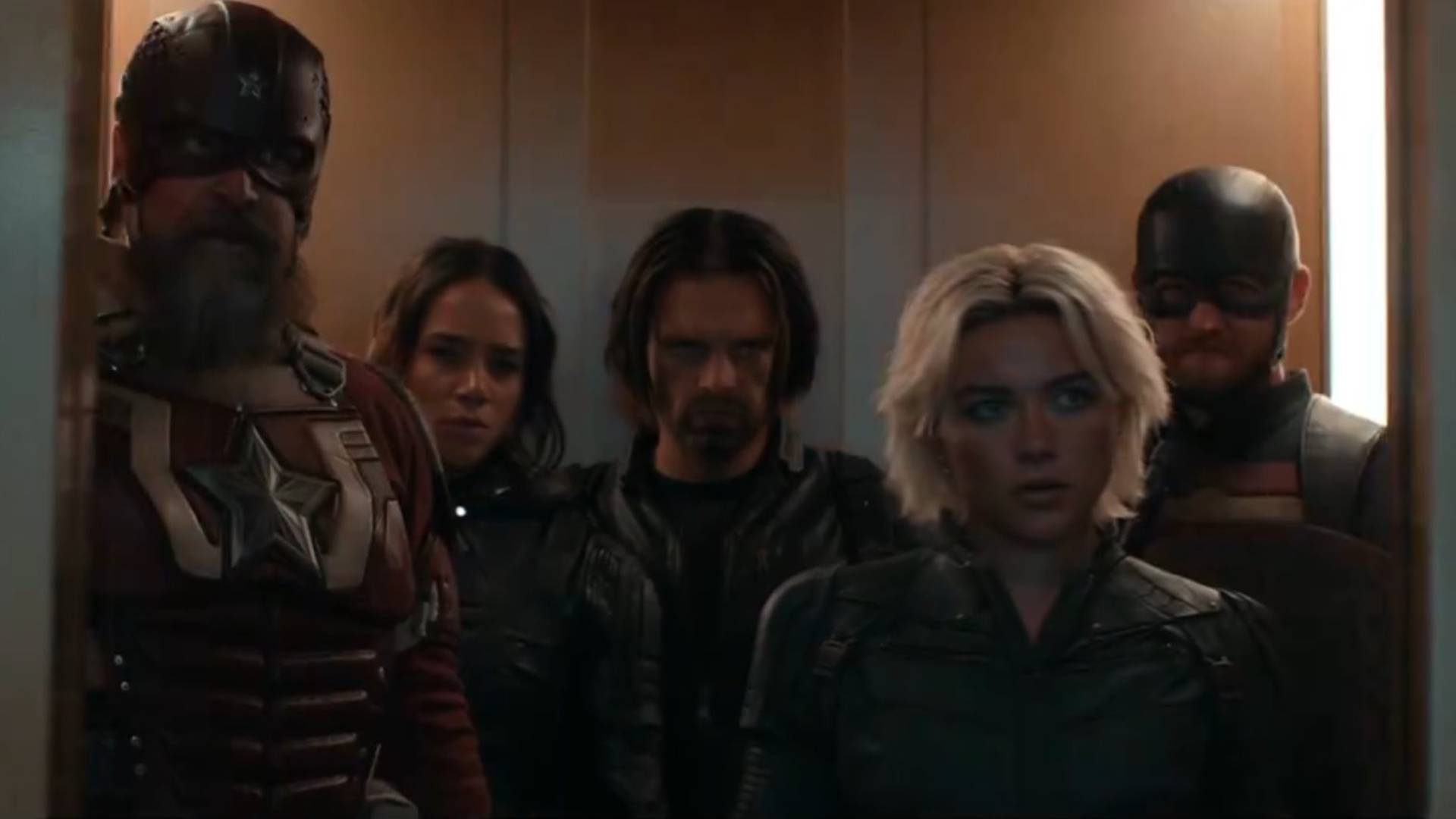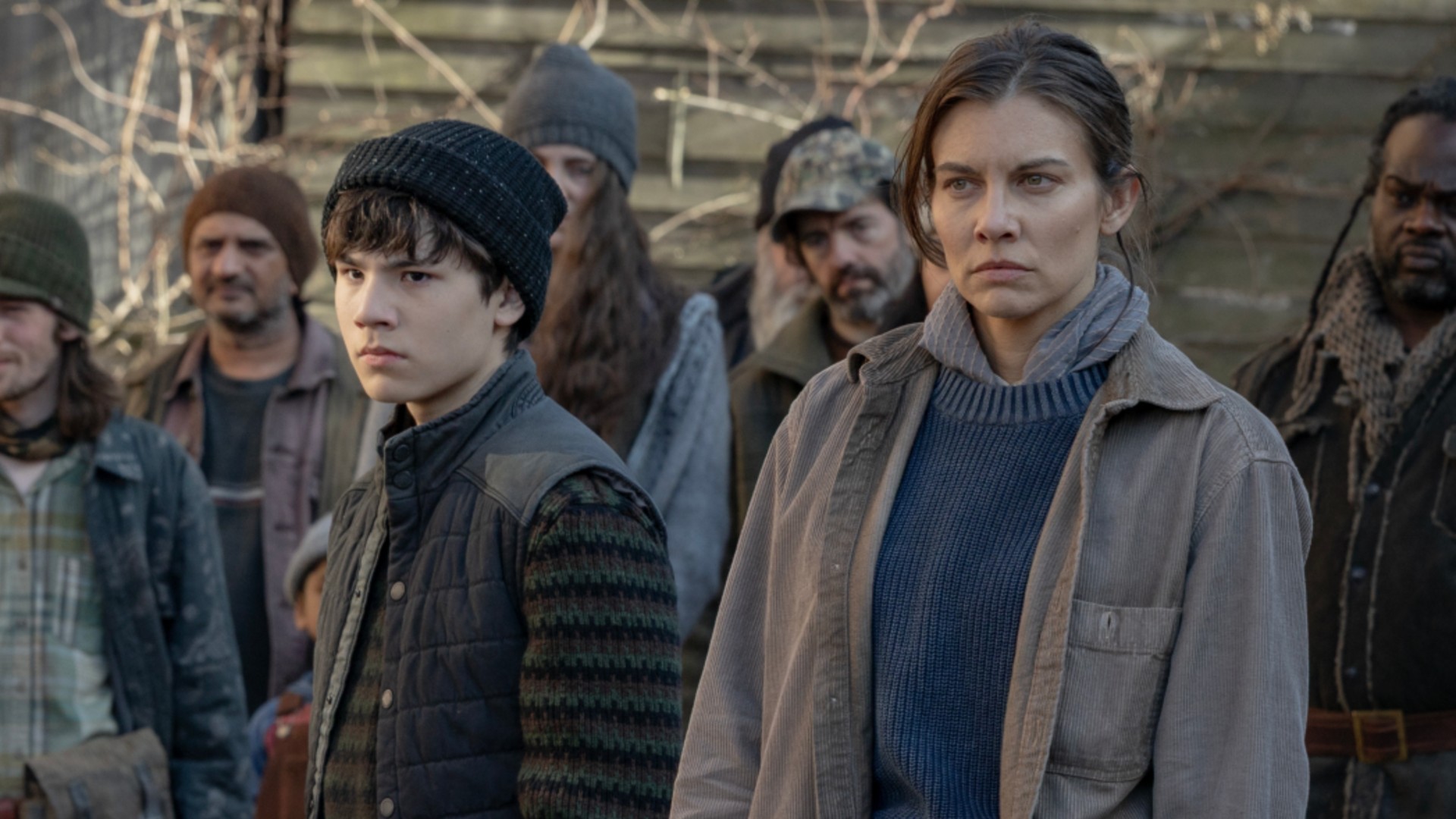Let’s get caught up with what all this is about, shall we?
Those included potential PS5 releases forStarfield, Indiana Jones and the Great Circle, and more.
That frenzy led to Xboxannouncing an update on “the future of Xbox"for this week.

Even with that attempt at a clarification, however, rumors and general uncertainty have abounded.
Since then, Phil Spencer and co have clearly been trying to rein in the messaging around the event.
So what does that actually mean?

For my two cents, if that report proves correct, it could be a smart move from Microsoft.
They also stem from some of Xbox’s smaller studios - Tango Gameworks and Obsidian, respectively.
“They are going to decide what is best for them,” he said.

Alternatively, turn to The Witcher and Cyberpunk 2077 studio CD Projekt Red.
In a recent tweet, their CEO, Micha Nowakowski, said thattheir games would remain proudly multiplatform.
Hey, if The Witcher 3 can fit onto the Nintendo Switch, anything is possible.
I’m not saying it’snecessaryto have right now, but it couldn’t hurt.
Especially if you’re the sort of person to, say, really care about console exclusivity.
But in the context of recent months, it does seem a little strange.
Of course, Sony has also been making plenty of noise about the future of PC offerings.
I’ve never known the date for sure.
Just don’t go in expect to Tier 3 Sub to Phil Spencer and you should be fine.
So…what’s everyone up to today?February 15, 2024
All right, folks.
It’s a straight-up video and not a stream.
Diving right into the exclusivity question.
“Just four games; not a change to our kind of fundamental exclusive strategy.”
Spencer cites “some specific reasons” for why the company is doing this.
Does say: not Starfield, not Indiana Jones.
Spencer talks a little bit about the four games coming to other platforms.
Two seem to be live service titles, but two are smaller titles.
Sure does sound like it.
Not a lot of detail about what that means.
Matt Booty citing Fortnite and Roblox as examples of multiplatform titles that really do benefit from being that way.
Spencer goes back to tooting the horn of Game Pass in general.
How this “new” strategy is really just a continuance of Xbox’s strategy historically.
It’s all about expanding the reach of the platform, through various taglines over the last decade.
Seems a little revisionist, but I’ll let him have this one.
There’s a trailer for Diablo 4 coming to “Game Pass” even.
Not Xbox Game Pass.
“Game Pass.”
Spencer addresses the fact that Xbox has shipped on other platforms before, and frequently.
“And that’s not something that we want to back away from.”
Spencer continues talking about Xbox growth overall.
Constantly talking about the health of players, creators, and business.
Says that hardware is “a critical component” of this strategy overall.
Notes that not everybody is going to play on Xbox hardware, though.
Tina Amini kind of sidling into addressing but not really addressing Xbox’s arguably rough 2023.
Spencer addresses lack of growth, but for the entire industry in general.
Spencer claims that the focus at Xbox has been the latter.
I’m not sure that’s accurate, but it’s certainly something he’s now said!
Matt Booty back up to talk about player communities and how Xbox supports that.
I… feel like I’m not really understanding what Booty is talking about here.
Literally everything he’s saying seems to be true for largely all of the Big Three?
“We’ve got a first-party games group.
It feels like all of that’s true for the communities on other platforms already.
Bond back up talking about how investments are all about making bigger and bigger games.
“How do we actually give more options to game creators so they can have the greatest success?”
And there it is, Bond has cited Palworld’s success after launching into Game Pass and PC simultaneously.
“They were a game preview, they launched in Game Pass.
That’s all just… true, actually.
Not much to find umbrage with.
“It was the largest third-party Game Pass launch ever,” says Bond.
What role does hardware play for Xbox?
A big question for folks heading into this business update.
When you’re playing an Xbox, you’re definitely playing an Xbox.
Bond goes on to note the Xbox hardware specs also serve as a handy developer target.
Talks up investments and giving creators “an easy way to access as many players as possible.”
Bond says there’s exciting stuff to share about hardware “this holiday.”
She doesn’t say, but it does at least sound like there’s… something on the horizon.
“We’re also invested in the next-generation roadmap,” Bond continues.
“OK, Sarah Bond.
I’m into it.
Idowant to see the largest technical leap I’ve ever seen in a hardware generation.
Now talking about the game library and preservation.
Spencer notes he enjoyed announcing back compat back when.
Says they have a go at bring that view to consoles, but it’s more difficult overall.
It’s our foundation.”
He… calls this a furthering of game compatibility, which, I mean, I guess?
I’m not sure I’d call it that, but Phil Spencer certainly has.
And we have finally arrived at the final segment: What does Xbox stand for today?
I have zero idea what to expect from this.
You’re playing on a platform where you get to access Game Pass.
Bond talks about crossplay and save and progression, backwards compatibility, cloud gaming.
Xbox stands for these things, apparently.
Bond calling that the most important bit of what Xbox stands for is certainly a choice.
What itactuallymeans in practice is hard to parse.
It feels designed by a committee to wrap saying not much in a constant tone of positivity.
That’s the end.
The “podcast” is done with a final farewell about seeing folks in June.